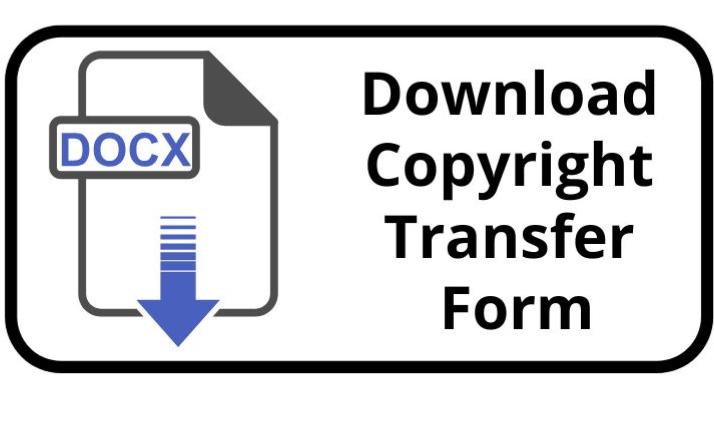Retraction, Withdrawal, & Correction Policy
Jurnal Pengabdian Masyarakat: Humanity and Medicine adapts the article retraction guidelines based on the COPE Retraction Guidelines.
Retraction: Notification of erroneous results that have the potential to undermine the trustworthiness of a previously published publication. Despite the fact that the original publication has been retracted, it is still available to readers, and the retraction statement informing readers of the invalidity of the published work is bidirectionally connected to the original published document.
Articles in Jurnal Pengabdian Masyarakat: Humanity and Medicine may be retracted for several reasons, including:
- the article or the data contained in the article have previously been published elsewhere without proper Crossref referencing permission or justification (i.e. cases of redundant publication),
- it constitutes plagiarism,
- it reports unethical research.
If an article is removed from Jurnal Pengabdian Masyarakat: Humanity and Medicine, a removal notice will be issued instead.
Withdrawal Policy: Manuscript withdrawal will only be allowed for the most compelling and unavoidable reasons. For manuscript withdrawal, authors must submit a "Manuscript Withdrawal Form", signed by all authors stating the reason for withdrawal to the Editorial Office. Authors should not assume that their manuscript has been withdrawn until they receive appropriate notification from the editorial office.
Erratum (Publisher Correction): An erratum refers to a correction of errors introduced to the article by the publisher. All publisher-introduced changes are highlighted to the author at the proof stage, and any errors are ideally identified by the author and corrected by the publisher before final publication. Errata should be published for scientifically relevant formatting changes, or changes to authorship if the author or contributor list is incorrect when a deserving author has been omitted, or somebody who does not meet authorship criteria has been included. Scientifically relevant formatting issues that require an Erratum might include missing or unclear figures, or errors introduced during proofreading (e.g., missing text). Minor errors that do not affect readability or meaning (e.g., spelling or grammatical errors) do not qualify for an Erratum. All authors should proofread the final version carefully.
Corrigendum (Author Correction): A corrigendum refers to a change to an article that the author wishes to publish at any time after acceptance. Authors should contact the editor of the journal, who will determine the impact of the change and decide on the appropriate course of action. Althea Medical Journal will only instigate a corrigendum to a published article after receiving approval and instructions from the editor.
Publisher's notes inform readers that the article has been corrected after publication. These notes are issued by the Publisher and are used in cases where typos or production errors (which are the Publisher's fault) affect the integrity of the article's metadata (such as title, author list, or byline) or would significantly affect the reader's ability to understand the article. The original article has been removed and replaced with an improved version. Publisher notes are freely available to all readers. Minor errors that do not affect the integrity of the metadata or the reader's ability to understand the article and that do not involve scientific errors or omissions will be corrected at the Publisher's discretion.








